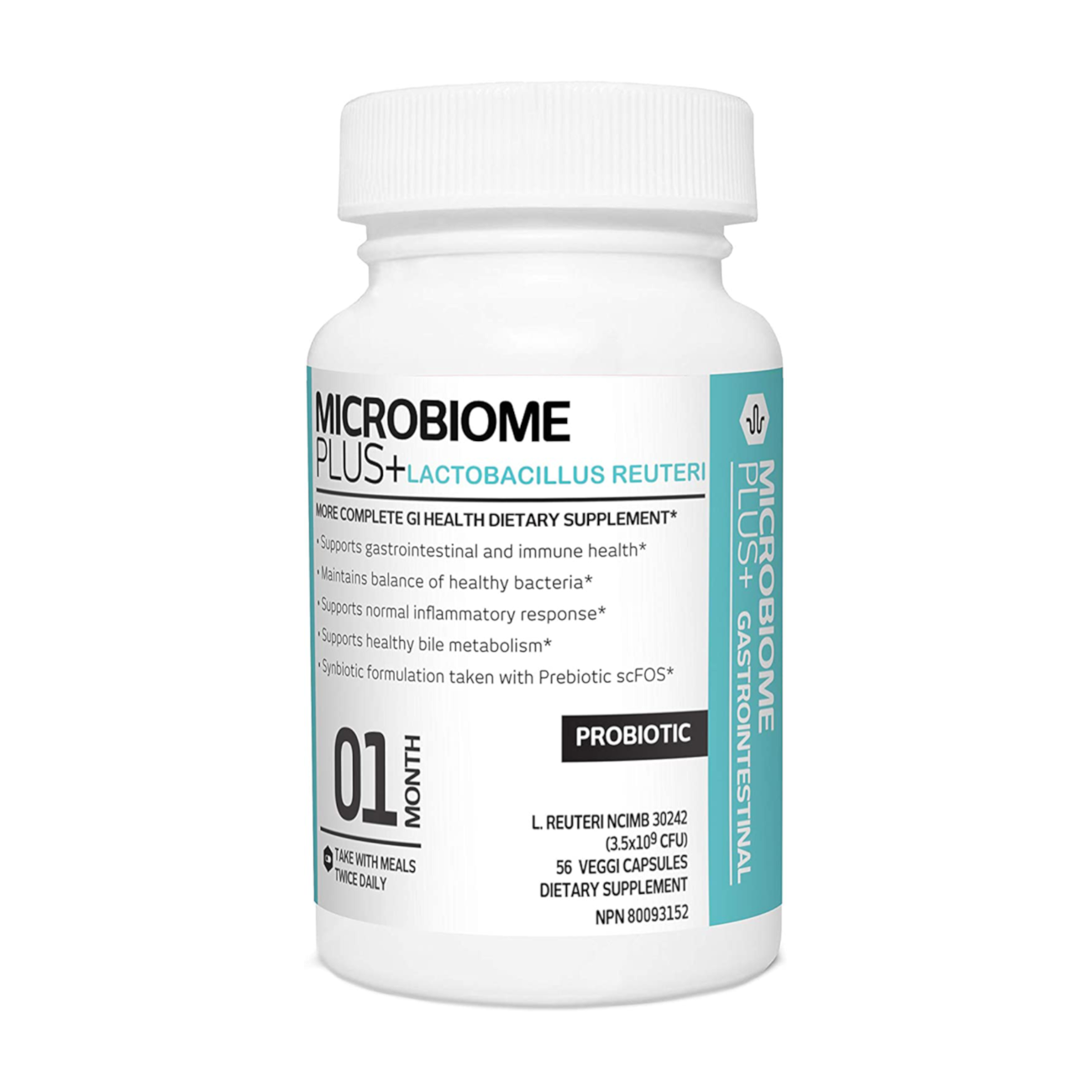Overview
Our joints can get painful merely from routine activities. Some of us are more unfortunate to develop serious inflammatory joint problems.
A sedentary lifestyle is one of the greatest enemies of our joints. To make things worse, we consume a diet full of high fat and cholesterol, high sugar, and excess salt, which sows the seeds for obesity, metabolic and cardiovascular diseases. The excess pounds of fat, in turn, put mechanical pressure on your joints, particularly the weight-bearing joints like knees, ankles, and hips. This is what happens in osteoarthritis – the excessive wear and tear of joints.
Sometimes, the weight and diet have nothing to do with our joints but an overactive immune system of rheumatoid arthritis (RA) is the one to be blamed.
Regardless of the cause, we start popping the pain pills, which help relieve the inflammatory symptoms but incur a plethora of side effects. The consequences can hamper our daily productivity.
Though staying physically active is vital to keeping your joints supple and healthy, experts are now exploring the positive effects of probiotics on joint health.
What is the link between gut microbiota and arthritis?
Probiotics can Combat Dysbiosis of Arthritis
Most people with RA are found to have an imbalanced gut microbiome (dysbiosis). Studies show that the levels of good bugs, … are lower in these people. [1] Likewise, their gut harbors relatively higher amounts of harmful bugs. This is especially true during the early stages of RA.
The imbalanced microbial population can enhance sensitivity to arthritis via stimulating autoreactive immune cells in the gut. [1] The “autoreactive” cells mistakenly attack body’s own tissues.
Furthermore, the altered microbiome in RA can be restored, partially if not fully, by the use of anti-rheumatic medications. [2] This provides an additional clue to the connection between the altered microbiome and arthritis.
Because probiotics can restore the balance of the gut microbiome, they may help ease joint inflammation, particularly in the initial stages.
Probiotics may Lower the Levels of Inflammation-Promoting Substances in Arthritis
This may sound surprising to many, but introducing live, healthy bacteria may help minimize the inflammatory symptoms in the joints. The anti-inflammatory properties of probiotics probably account for this beneficial effect.
In 2014, a study published in the Journal of Nutrition showed that people with RA who received a daily probiotic capsuleshowed a great improvement in the disease activity. This improvement was attributed to the property of the probiotic to lower the levels of inflammatory biomarkers. [3]
Probiotics can Counteract Obesity – a trigger for Osteoarthritis
As discussed above, body weight makes a great deal of difference when it comes to joint health. Obesity can weaken your joints faster than your advancing age. [4] As a matter of fact, not every aging person develops osteoarthritis, implying that other factors are equally responsible.
Probiotics can limit the dietary fat absorption, suppress inflammation, and help you shed those extra pounds. [5] This keeps your joints protected.
Probiotics can Heal the Leaky Gut Barrier in people with Arthritis
The gut lining in a majority of individuals with an inflammatory joint disease is found to be highly permeable. [6] This weak gut lining may allow the access of harmful invaders into your system that incite an immune reaction.
Moreover, inflammatory arthritis frequently occurs in individuals with inflammatory bowel disease (IBD). [7] This fact also helps explain the presence of a defective gut lining in inflammatory arthritis as a leaky gut lining is a feature of IBD as well.
By bolstering the gut lining, probiotics can repair the leakage and seemingly aid the IBD and inflammatory joint symptoms. [8]
Summary
The use of live, healthy bacteria for fixing chronic medical diseases (with the joint disease being one of them) is becoming increasingly popular. It appears that these friendly bacteria not only ease digestive complaints but may alleviate joint and bone problems too.
References
- Horta-Baas G, Romero-Figueroa M del S, Montiel-Jarquín AJ, Pizano-Zárate ML, García-Mena J, Ramírez-Durán N. Intestinal Dysbiosis and Rheumatoid Arthritis: A Link between Gut Microbiota and the Pathogenesis of Rheumatoid Arthritis. Journal of Immunology Research. 2017;2017:4835189. doi:10.1155/2017/4835189.
- Zhang X, Zhang D, Jia H et al. The oral and gut microbiomes are perturbed in rheumatoid arthritis and partly normalized after treatment. Nat Med. 2015;21(8):895-905. doi: 10.1038/nm.3914. Epub 2015 Jul 27.
- Vaghef-Mehrabany E, Alipour B, Homayouni-Rad A et al. Probiotic supplementation improves inflammatory status in patients with rheumatoid arthritis. Nutrition. 2014;30(4):430-5. doi: 10.1016/j.nut.2013.09.007.
- King LK, March L, Anandacoomarasamy A. Obesity & osteoarthritis. The Indian Journal of Medical Research. 2013;138(2):185-193.
- Nova E, Pérez de Heredia F, Gómez-Martínez S, Marcos A. The Role of Probiotics on the Microbiota: Effect on Obesity. Nutr Clin Pract. 2016 Jun;31(3):387-400. doi: 10.1177/0884533615620350.
- Campbell AW. Autoimmunity and the Gut. Autoimmune Diseases. 2014;2014:152428. doi:10.1155/2014/152428.
- Arvikar SL, Fisher MC. Inflammatory bowel disease associated arthropathy. Current Reviews in Musculoskeletal Medicine. 2011;4(3):123-131. doi:10.1007/s12178-011-9085-8.
- Vieira AT, Teixeira MM, Martins FS. The Role of Probiotics and Prebiotics in Inducing Gut Immunity. Frontiers in Immunology. 2013;4:445. doi:10.3389/fimmu.2013.00445.










